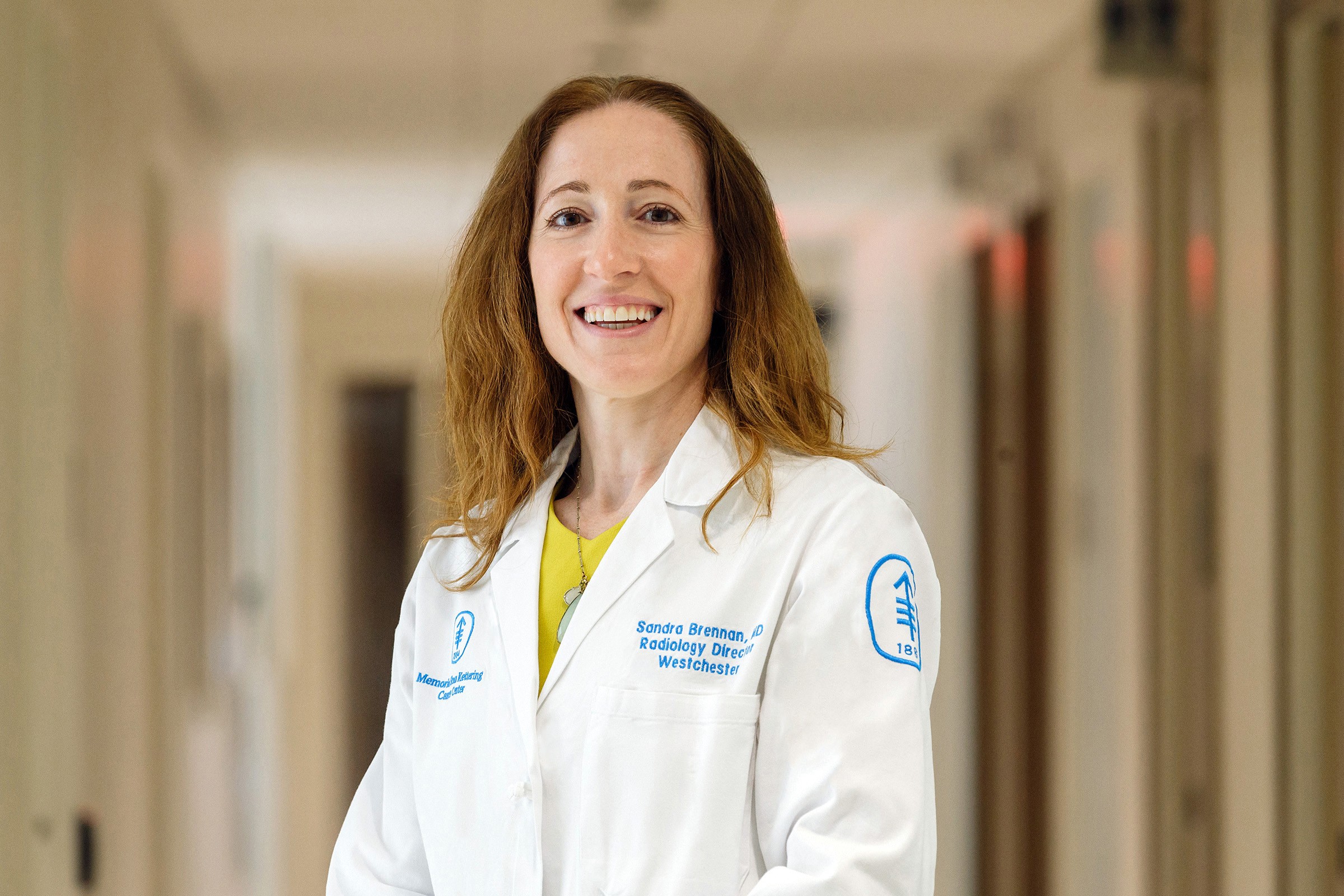October is Breast Cancer Awareness Month. Numerous media items have featured MSK researchers discussing advances, responses, and issues relating to breast cancer detection and care. These include:

Mammography Technologist Elizabeth Mirabile (front, left) and Mammography Coordinator Carolina Fornaro (back). Source: Richard DeWitt.
-
- Television appearances by Dr. Larry Norton on NY1 discussing breast cancer advances and Dr. Nicole Saphier on Fox discussing the importance of screening.
-
- Dr. Melissa L. Pilewskie in Allure and Dr. Mark Ronson in LabPulse.com on BRCA testing and breast cancer screening.
-
- Dr. Elizabeth Morris on MSK’s support of a bill that would make insurance companies cover 3D mammography in USA Today.
-
- Dr. Monica Morrow on breast cancer in men on ABC News.
-
- Registered dietitian Cara Anselmo on breast cancer and diet in Florence Health.
-
- Dr. Mary Jane Massie on how to support friends and family living with a breast cancer diagnosis in Yahoo Lifestyle.

